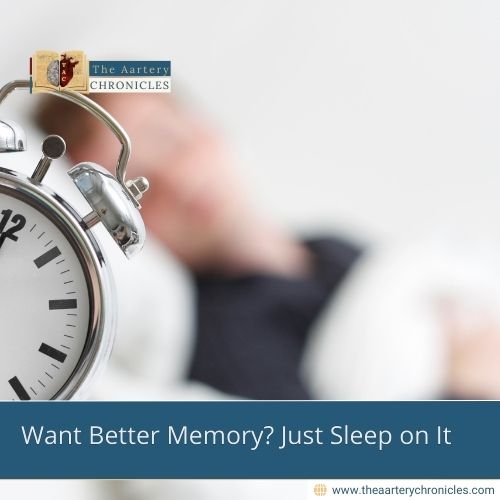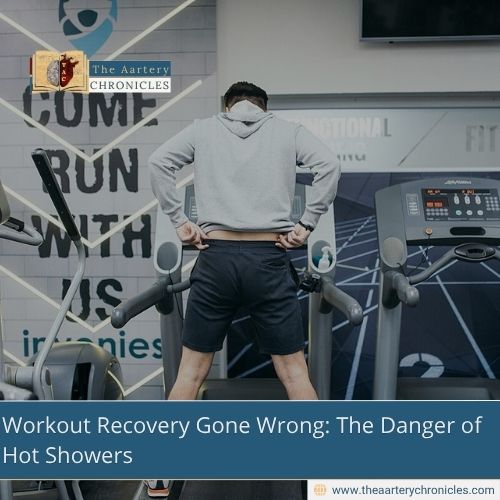

Want Better Memory? Just Sleep on It
Sleep plays a crucial role in brain function and memory. Research has long shown that it helps people remember events from their lives. A new study by scientists from the Rotman Research Institute at Baycrest Academy for Research and Education, the University of Toronto, and other institutions explores how sleep improves memory for real-world experiences. Their findings, published in Nature Human Behaviour, reveal that sleep does more than just protect memories—it actively enhances how well people remember the sequence of events.
The Experiment: How Sleep Affects Memory
Participants took the Baycrest Tour, which guided them through various artworks while providing audio information. After completing the tour, they took memory tests assessing their ability to recall details (such as the color of a painting) and sequences (the order in which they saw paintings). The researchers tested participants’ memory immediately after the tour, then again after one night, a week later, a month later, and even a year later.
The results showed that sleep significantly helped participants remember the order of events. Even though detailed memories faded over time, the memory of sequences improved after a night of sleep. This finding is significant because memory usually weakens with time. However, sleep not only protected but actually enhanced sequence memory.
Studying Memory in a Real-Life Setting
The research team, led by Brian Levine, aimed to understand how memories change over time and why some details are remembered while others fade. To do this, they developed the Baycrest Tour, an immersive, audio-guided art tour. This tour provided a controlled but naturalistic setting where participants could experience and recall real-life events, unlike traditional laboratory studies.
Past studies using the Baycrest Tour focused on different aspects of memory, such as accuracy and how aging affects memory. In this study, researchers specifically examined how sleep influences the retention of event sequences compared to details.
Confirming the Findings with Brain Activity Monitoring
To confirm their findings, the researchers conducted a second experiment with 77 participants. Among them, 39 took the tour at night, completed a memory test, and then slept in a sleep lab where their brain activity was recorded. The next day, they took the same memory test again. The other 38 participants took the tour in the morning, completed the memory test, stayed awake all day, and then took the test again in the evening.
The results remained consistent: those who slept after the tour showed improved sequence memory, and this benefit lasted for over a year. In contrast, those who stayed awake experienced a steady decline in both sequence and detail memory.
Why These Findings Matter
This study demonstrates that sleep is not just a passive state where memories are protected—it actively improves the accuracy of how we remember events. These insights could help researchers better understand how memory works and find ways to improve memory retention in different settings.
Looking ahead, the research team plans to explore whether similar effects occur with other types of memory tests, such as free recall, rather than recognition-based tests used in this study. They are also interested in investigating how sleep affects emotional and traumatic memories.
Conclusion
This groundbreaking study highlights the importance of sleep in shaping our memories of real-life experiences. It suggests that getting a good night’s sleep could significantly improve our ability to recall event sequences for years to come. Future research in this area could further reveal how sleep influences different types of memory and its impact on emotional experiences.
Source: Inputs from various media Sources

Priya Bairagi
Reviewed by Dr Aarti Nehra (MBBS, MMST)
I’m a pharmacist with a strong background in health sciences. I hold a BSc from Delhi University and a pharmacy degree from PDM University. I write articles and daily health news while interviewing doctors to bring you the latest insights. In my free time, you’ll find me at the gym or lost in a sci-fi novel.








